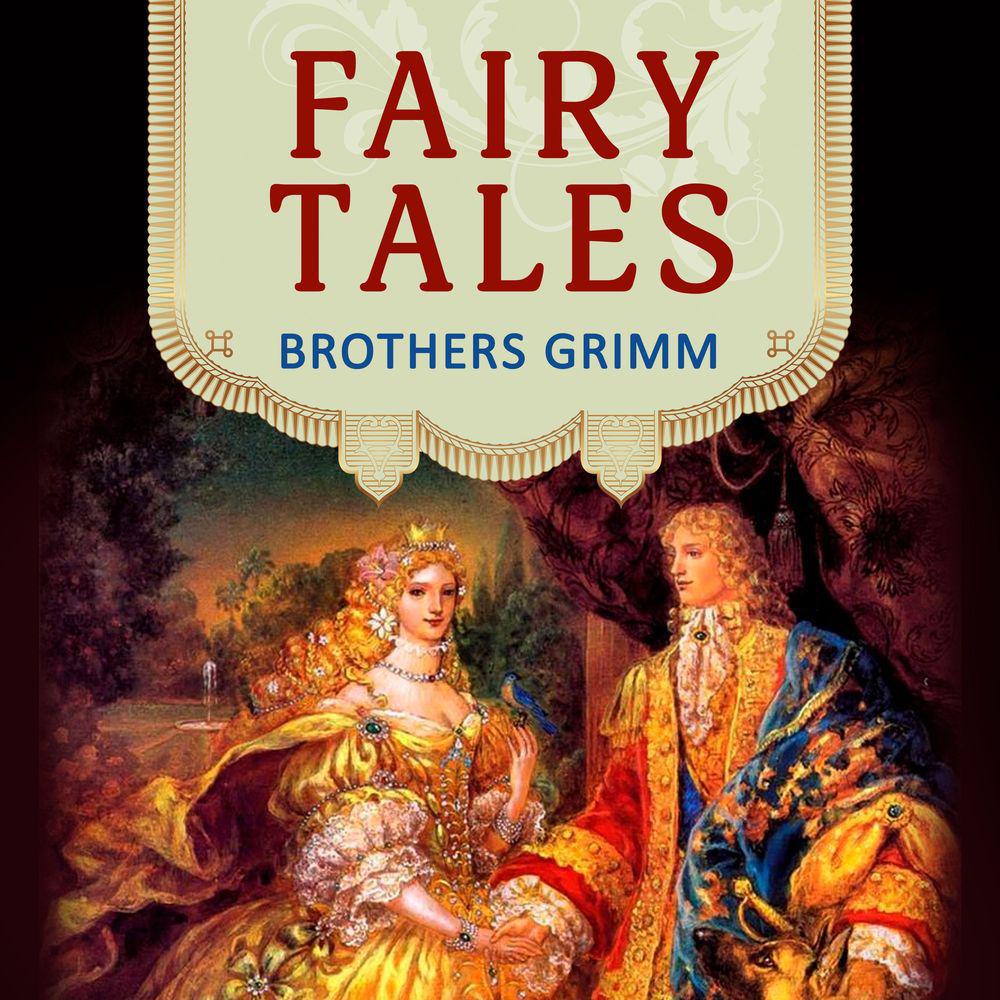
Grimms' Fairy Tales, originally known as the Children's and Household Tales, is a collection of fairy tales by the Grimm brothers or «Brothers Grimm», Jakob and Wilhelm, first published on 20 December 1812. The first edition contained 86 stories, and by the seventh edition in 1857, had 210 unique fairy tales.
Encouraged by Arnim, they published their collected tales as the Kinder- und Hausmärchen, implying in the title that the stories were meant for adults and children alike. In contrast to the extravagant fantasy of the Romantic school’s poetical fairy tales, the 200 stories of this collection (including, among the most enduring, “Snow White,” “Little Red Riding Hood,” “Sleeping Beauty,” “Rumpelstiltskin”, «Twelve Dancing Princesses», «The Dog And The Sparrow», «The Fisherman and His Wife», «The Frog Prince», «The Willow-Wren and The Bear», «Hansel and Gretel», «Mother Holle», «Tom Thumb») aimed at conveying the soul, imagination, and beliefs of people through the centuries—or at a genuine reproduction of the teller’s words and ways. Most of the stories were taken from oral sources, though a few were from printed sources. The great merit of Wilhelm Grimm is that he gave the fairy tales a readable form without changing their folkloric character. The results were threefold: the collection enjoyed wide distribution in Germany and eventually in all parts of the globe; it became and remains a model for the collecting of folktales everywhere; and the Grimms’ notes to the tales, along with other investigations, formed the basis for the science of the folk narrative and even of folklore.